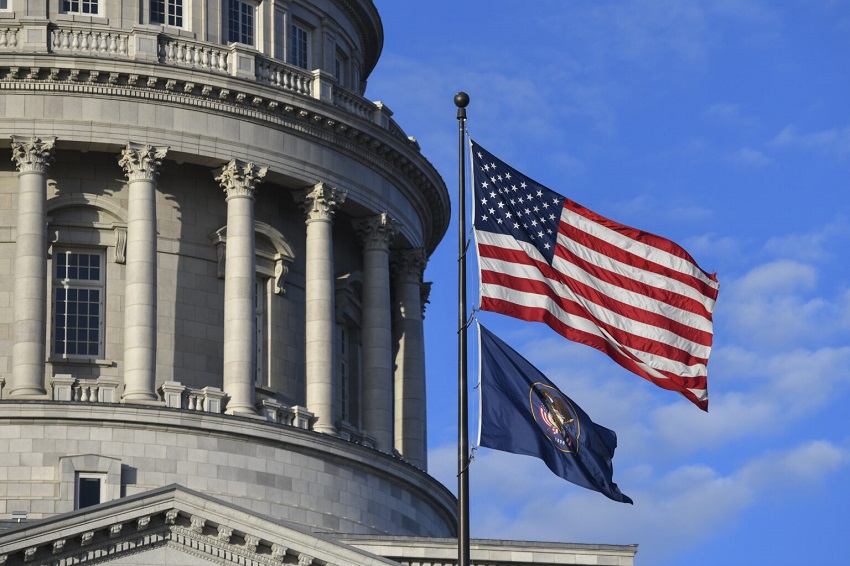Ogden, UT – Utah’s Republican-controlled Legislature is gearing up for its fifth consecutive year of tax cuts, with Governor Spencer Cox proposing a reduction that targets Social Security benefits. As part of his budget recommendation, Cox has put forward a plan to eliminate the state’s tax on Social Security income, a measure that would cost the state approximately $143.8 million annually.
Currently, Utah households earning less than $75,000 are eligible for a Social Security tax credit. However, under Cox’s proposal, about 150,000 additional taxpayers would benefit, with the average filer saving approximately $950 per year. The governor has positioned the proposal as a targeted tax relief for seniors, noting its potential to ease financial burdens on older residents.
“I support totally repealing Utah’s tax on Social Security benefits,” Cox said, emphasizing that this cut is aimed at supporting seniors in the state. The proposal also includes $2.1 million to expand the state’s child tax credit, benefiting families with up to four children.
However, while Cox has presented a clear vision, key Republican leaders in the Legislature are not fully committed to supporting the proposal as outlined. House Speaker Mike Schultz and Senate President Stuart Adams have expressed conditional support for reducing the Social Security tax but have made it clear that they will consider a range of options.
“We want to provide tax cuts to every citizen, including those on Social Security,” Schultz said, acknowledging that discussions will continue as lawmakers review the proposal.
The legislative leaders are also entertaining the possibility of further income tax cuts, building on last year’s reduction from 4.65% to 4.55%. Adams has indicated that he would like to see both a reduction in the Social Security tax and a continuation of the income tax cuts, but he emphasized the complexity of the process.
“I support trying to do both,” Adams said. “But we only have so much money, so we’ll start running the data and figuring it out.”
Under the current framework, the state’s income tax rate has been steadily decreasing in recent years. In 2024, Utah lawmakers approved a $167 million income tax cut, continuing a trend that began the year prior when the rate dropped from 4.85% to 4.65%. However, the ongoing tax cuts have drawn criticism from some quarters, particularly regarding their impact on the state’s budget.
Opponents of the cuts, including House Minority Leader Angela Romero, argue that the money could be better spent addressing pressing social issues such as homelessness and the state’s housing crisis. Romero, who has consistently opposed recent tax reductions, expressed support for Cox’s plan to eliminate the Social Security tax but remains wary of further income tax cuts that she believes disproportionately benefit high earners.
“I’d rather see that money go into the services that we need,” Romero said, stressing that tax cuts have largely favored the wealthiest residents of the state. An analysis by the Institute on Taxation and Economic Policy found that last year’s income tax reduction overwhelmingly benefited the top 20% of income earners, with over 60% of the cut going to this group.
Despite the ongoing debate, legislative leaders like Schultz and Adams appear committed to continuing tax relief efforts, though Adams ruled out the possibility of major tax reform in 2025. “Not this year,” he said, clarifying that while tax cuts are on the agenda, broader tax reform is not currently under consideration.
As the 2025 legislative session begins, it remains to be seen how Utah lawmakers will navigate the competing priorities of tax relief, budget constraints, and social services. While Cox’s proposal has garnered attention, the final outcome will depend on ongoing negotiations between the governor and the Legislature.

